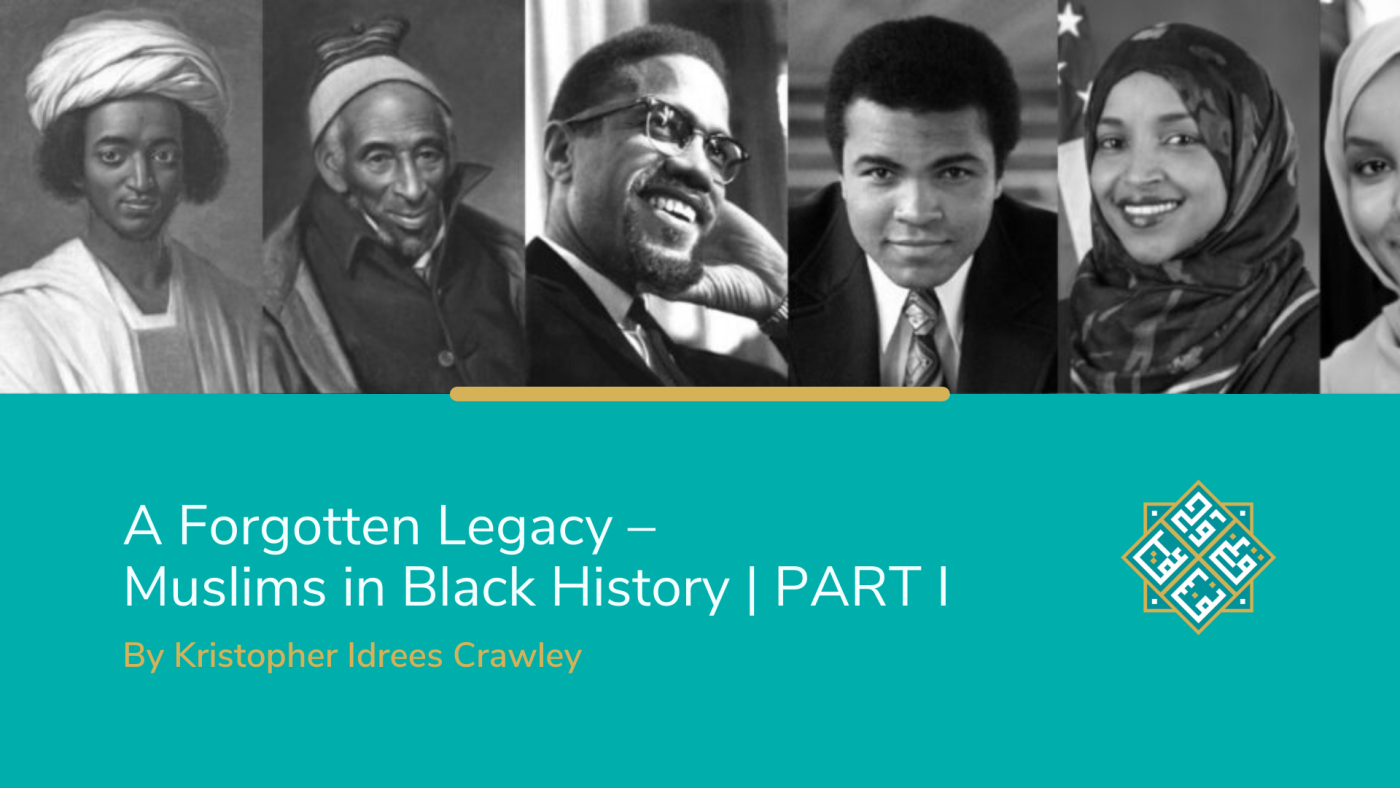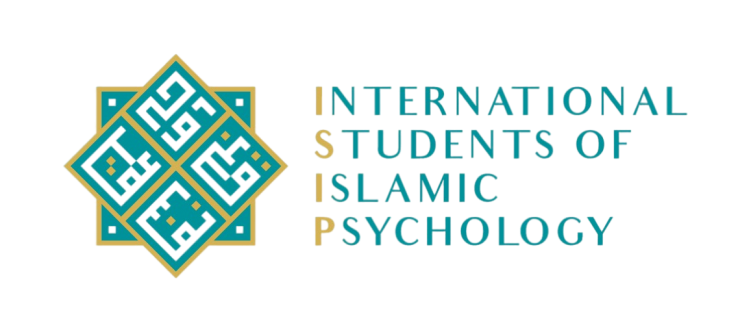
By Kristopher Idrees Crawley
Introduction
Muslims have played a significant role in the African American community, yet their contributions are often overlooked and left out of the narratives of Black history. From the early days of slavery to the civil rights movement, Muslims have made invaluable contributions to the advancement of African Americans. However, their impact is often overshadowed by the dominant narrative of Black history which primarily focuses on the Christian faith. As a member of the NFB Muslims Group and 1st Vice President of the SC Association of Black Leaders, please accept the following article as my contribution to Black History Month.
Note: The views and opinions found within this article are mine alone and not that of any group, division, chapter, affiliate, or other organization I participate in.
African Muslims in Slavery
Slavery has a long and dark history in the United States, and it is well-known that many Africans were brought to the Americas as slaves. However, what is often overlooked is the fact that among those enslaved Africans were also Muslims. African Muslim slaves played a significant role in shaping the history of the United States, and their legacy is one that deserves to be remembered.
One of the earliest recorded instances of Muslims in America was during the transatlantic slave trade. It is estimated that as many as 15 to 30 percent of enslaved Africans were Muslims, who brought their religious beliefs and practices with them. Despite facing extreme adversity and persecution, these enslaved Muslims continued to practice their faith and passed it down to their descendants.
Many of these Muslim slaves were taken from regions that are now modern-day Senegal, Gambia, and Mali and brought to the Americas as early as the 1600s. These slaves were primarily used for manual labor on plantations in the southern United States. Despite the challenges they faced, Muslim slaves found ways to maintain their religious beliefs and practices. They prayed secretly, created their own communities, and played important roles in many slave revolts.
Bilali Muhammad
Bilali Muhammad was an enslaved African man who lived in the southeastern United States in the early 19th century. He was born in West Africa but was captured and brought to the United States as a slave. Bilali is best known for writing a religious text in Arabic, which is considered to be the first written document in the United States by an enslaved person of African descent. This document, known as the “Bilali Document,” was an important artifact of the Islamic faith among enslaved Africans in the Americas.
Bilali Muhammad was a devout Muslim and his religious beliefs played a significant role in his life. He is said to have prayed and fasted regularly, and his religious observance was respected by his slave owners. Although he was a slave and subjected to the brutal conditions of slavery, Bilali maintained his faith and passed it down to his descendants, who went on to become leaders in the African American Muslim community. The Bilali Document provides insight into the religious beliefs and practices of enslaved Africans and is considered one of the most important primary sources for the study of Islam in the Americas. His writings have been widely studied by scholars of African American and Islamic history.
Omar Ibn Said
Omar Ibn Said was a West African Muslim scholar and slave who lived in the United States in the 19th century. He was born in Futa Tooro, a kingdom in present-day Senegal, and was captured and sold into slavery in 1807. He was taken to the United States, where he spent the rest of his life as a slave in North Carolina. Despite the difficult circumstances of his life, Omar Ibn Said was a deeply religious man and continued to practice his faith. He is notable for writing his autobiography in Arabic, a rare document from an enslaved African in the American South during this period. A translation of the document is available on NLS Bard.
Omar Ibn Said’s autobiography provides a unique perspective on slavery in the United States and the experience of African Muslims in the Americas. In his writings, he described his life in West Africa before his capture, his journey to the United States, and his experiences as a slave. He also wrote about his faith, including his deep devotion to Islam and his daily religious practices.
The Impacts of Slavery on African Muslims
The lives of Muslim slaves were difficult and brutal. They faced physical, emotional, and psychological abuse and the threat of being separated from their families. Regardless of these hardships, they managed to maintain their cultural and religious traditions. Many of these traditions, such as the use of Arabic names and the practice of Islam, are still present in African American communities today.
Although they had a significant presence, the history of African Muslim slaves has been largely forgotten. This is due in part to the fact that many slave owners sought to stamp out the religious and cultural practices of their slaves, and also to the fact that Muslim slaves were not allowed to openly practice their religion or share their stories. This resulted in a lack of documentation of their lives and experiences and made it difficult for future generations to know about the contributions and sacrifices of Muslim American slaves.
Jerald Dirks in his book “Muslims in American History” states “As can be imagined, the institution of slavery in the Americas was not conducive to the preservation of detailed, biographical information on enslaved African Muslims. Nonetheless, as many of these Muslims were highly educated and literate individuals, some left autobiographical sketches, and others came to the attention of whites who chose to write a brief account about them”.
After the abolition of slavery in the United States, many former Muslim slaves faced continued discrimination and segregation. The legacy of slavery and racism has had a lasting impact on African American communities, including those from a Muslim background.

Thank you for writing and sharing this valuable lost narrative… I will be sharing it with the hospital community where I work since this year they made a mosaic wall of different icons. This year sadly there are no Muslims on this wall.